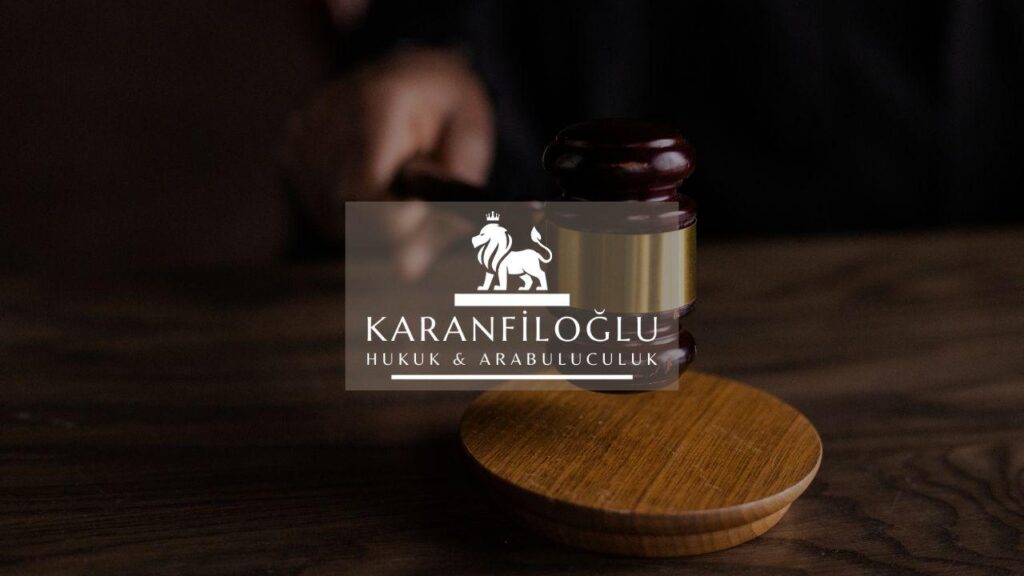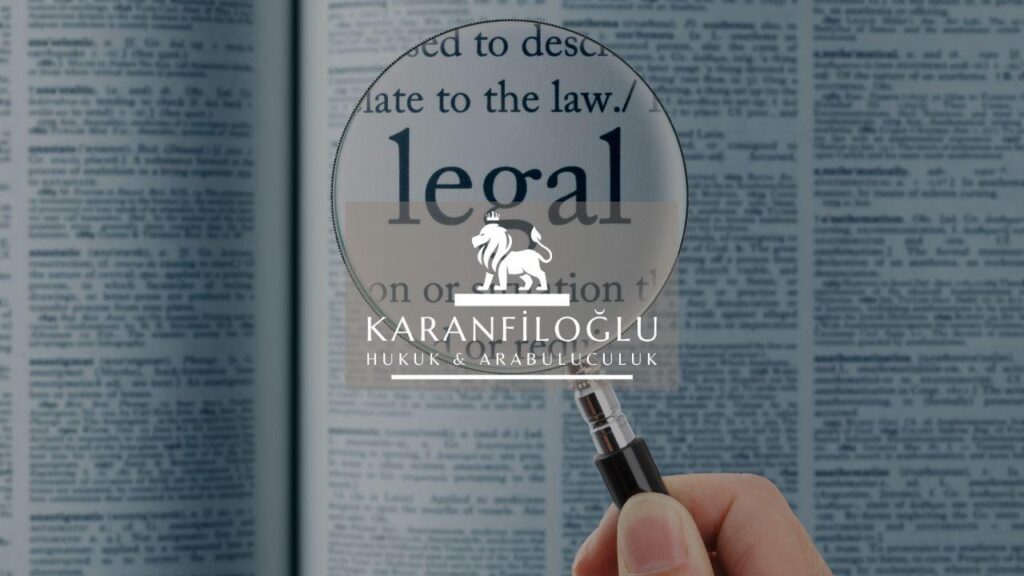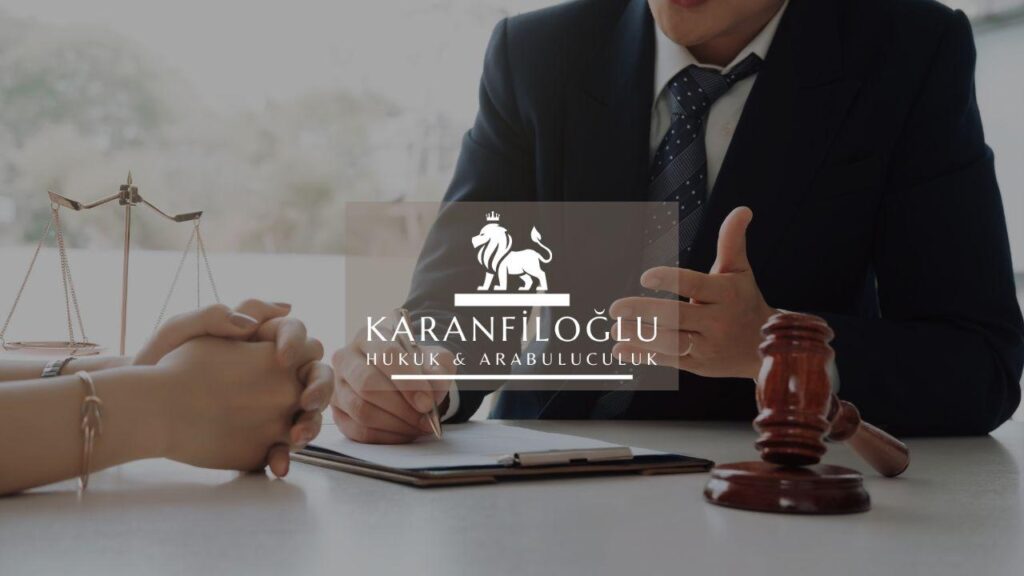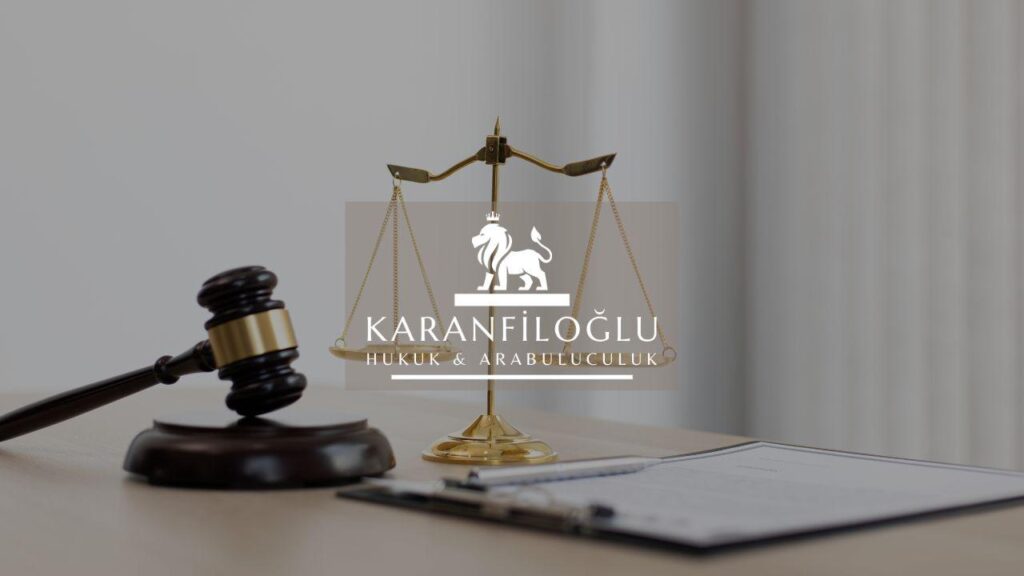Challenging a will in Turkey involves a multifaceted legal process governed by the Turkish Civil Code, particularly under Articles 557 and 558, which outline the grounds and procedures for contesting a will’s validity. At Karanfiloglu Law Office, we are well-versed in navigating these complex legal landscapes to ensure our clients’ rights are protected. The primary reasons for challenging a will include issues such as lack of testamentary capacity, undue influence, or improper execution, as stipulated by Article 502 and subsequent provisions. Initiating a challenge requires a deep understanding of both procedural and substantive law, demanding the expertise of skilled legal professionals. Whether you are seeking to uphold your entitlements as an heir or question the legitimacy of a will, our dedicated team at Karanfiloglu Law Office stands ready to provide comprehensive legal support throughout the entire contestation process.
Legal Grounds for Contesting a Will in Turkey
One of the principal legal grounds for contesting a will in Turkey is the lack of testamentary capacity of the testator at the time the will was made. Under Article 502 of the Turkish Civil Code, a person must be of sound mind and free from any mental incapacity to create a valid will. This encompasses the necessity for the testator to understand the significance of making a will, the extent of their estate, and the individuals who would naturally benefit from their estate. If evidence suggests that the testator was suffering from mental illness, dementia, or any other cognitive impairment, the validity of the will can be effectively challenged. Additionally, undue influence or coercion exerted upon the testator, as addressed under Articles 557 and 558, can provide solid grounds for contestation, ensuring that the final testament reflects the true intentions of the testator.
Another crucial ground for contesting a will in Turkey involves issues related to the formal execution of the testament. According to Article 531 of the Turkish Civil Code, a will must adhere to stringent formal requirements to be considered valid. The document must be written, signed, and dated by the testator in the presence of two witnesses who must also sign the will in the presence of the testator. Failure to comply with these formalities, such as missing signatures or incorrect dating, can render the will invalid. Furthermore, Articles 535 and 537 specify additional formal requirements for handwritten and official wills, respectively, and any deviation from these protocols can be a basis for a legal challenge. Ensuring all procedural requirements are meticulously followed is paramount for the will to withstand scrutiny during potential legal disputes.
Lastly, fraudulent activities or misrepresentations in the creation of the will constitute significant legal grounds for contesting its validity. Under the provisions of Articles 559 and 560 of the Turkish Civil Code, if it can be demonstrated that the testator was deceived through fraud or that there was a material misrepresentation by an involved party, the will may be deemed invalid. Fraud can manifest in various forms, such as deliberate misinformation about the assets or the identities of potential heirs, or falsification of the testator’s signatures and statements. Misrepresentations, whether intentional or accidental, that affect the testator’s decisions can undermine the will’s legitimacy. Identifying and proving fraud requires a meticulous examination of the facts and circumstances surrounding the will’s creation, and at Karanfiloglu Law Office, our team has the expertise to uncover such critical issues and effectively challenge a compromised testament.
Required Documentation and Evidence for Challenging a Will
To successfully challenge a will in Turkey, it is imperative to gather and present pertinent documentation and evidence that substantiates your claim. Key documents include the original or certified copy of the will, medical records demonstrating the testator’s mental state, and any previous wills that may contradict the contested one. Additionally, witness statements, forensic handwriting analysis, and expert testimony on the testator’s mental capacity can significantly bolster your case. Article 6100 of the Turkish Civil Procedure Code underscores the importance of comprehensive evidence, stipulating that parties are required to prove their claims with relevant documentation and testimonies. At Karanfiloglu Law Office, we meticulously assist our clients in compiling a robust portfolio of evidence to ensure a compelling challenge against the will’s validity.
In addition to gathering documents and evidence, a thorough investigation into the circumstances surrounding the drafting and execution of the will is crucial. This may involve scrutinizing the testator’s relationships, financial transactions, and any potential signs of coercion or undue influence, as prescribed under Article 503 of the Turkish Civil Code. Obtaining affidavits from individuals who were close to the testator during the time of the will’s creation can provide vital insights and support claims of mental incapacity or improper influence. Moreover, evidence of any inconsistencies or irregularities in the will’s content or execution—such as missing signatures or the absence of required witnesses—can be pivotal in contesting its validity, as highlighted in Articles 538 and 539. At Karanfiloglu Law Office, we employ comprehensive investigative techniques to uncover and document these critical factors, ensuring a detailed and persuasive challenge.
Ultimately, presenting your case to the court requires not only compelling evidence but also an adept presentation of legal arguments framed within the structure of Turkish inheritance law. It’s essential to address every aspect of the claims methodically, referencing Articles 557 and 558 to elucidate the legal grounds for the challenge. Navigating the legal intricacies can be daunting, especially when dealing with contentious familial disputes. Our experienced team at Karanfiloglu Law Office provides meticulous litigation strategies, ensuring that every argument is backed by solid evidence and legal precedence. We strive to articulate the nuances of the case effectively, aiming for a resolution that respects your rights and upholds the principles of justice. With our expertise, you can be confident in confronting the complexities of challenging a will, knowing that you have dedicated professionals advocating on your behalf throughout the legal process.
Navigating the Legal Process: What to Expect When Contesting a Will
Navigating the legal process of contesting a will in Turkey involves multiple steps, beginning with the filing of a lawsuit in the appropriate court. This initial stage requires submitting a detailed petition outlining the grounds for contesting the will, as per articles 613 and 614 of the Turkish Civil Code, and is typically done in the court where the deceased last resided. To strengthen the case, it’s essential to gather substantial evidence, such as medical records, witness testimonies, and any documents that support claims of lack of testamentary capacity, undue influence, or improper execution. At Karanfiloglu Law Office, we meticulously prepare these petitions and ensure all necessary documentation is collected to build a compelling case, thereby advocating vigorously for our clients’ rights and entitlements in these often complex and emotionally charged proceedings.
Once the petition is filed, the court will review the submitted documents and determine if there are sufficient grounds to proceed to a full hearing. During this stage, it is crucial to comply with the procedural rules outlined in the Turkish Code of Civil Procedure, particularly Articles 194 and 195, which govern the presentation of evidence and the conduct of the trial. The court may appoint experts to evaluate the authenticity and validity of the will, including forensic document examiners or medical professionals to assess the testator’s mental capacity at the time of the will’s creation. Cross-examination of witnesses and the presentation of counter-evidence by the opposing party are also vital components of this phase. The team at Karanfiloglu Law Office excels in managing these intricate trial procedures, ensuring that every aspect of your case is meticulously handled to maximize the chances of a favorable outcome.
After the court has thoroughly examined all evidence and testimonies, a judgment will be rendered either upholding or invalidating the will. If the court finds in your favor, the will may be deemed partially or entirely null and void, leading to the redistribution of the deceased’s estate according to intestate succession laws or any previous valid testamentary documents, as directed by Article 599 of the Turkish Civil Code. However, it’s important to note that either party has the right to appeal the decision under Articles 361 and 362 of the Turkish Code of Civil Procedure, which can further prolong the resolution of the case. The experienced attorneys at Karanfiloglu Law Office are adept at navigating the appeals process, should it become necessary, meticulously preparing all requisite documentation and effectively advocating for your interests. Our commitment to providing exceptional legal representation ensures that we stand by you, every step of the way, to secure a just resolution to your will contestation efforts.
Disclaimer: This article is for general informational purposes only and you are strongly advised to consult a legal professional to evaluate your personal situation. No liability is accepted that may arise from the use of the information in this article.







